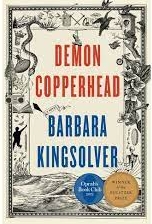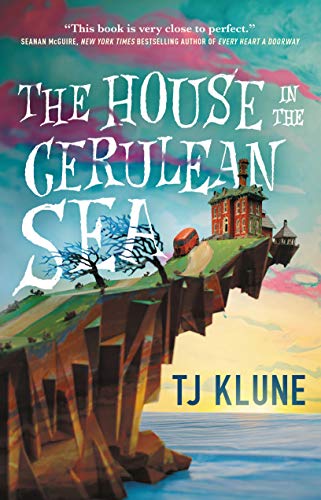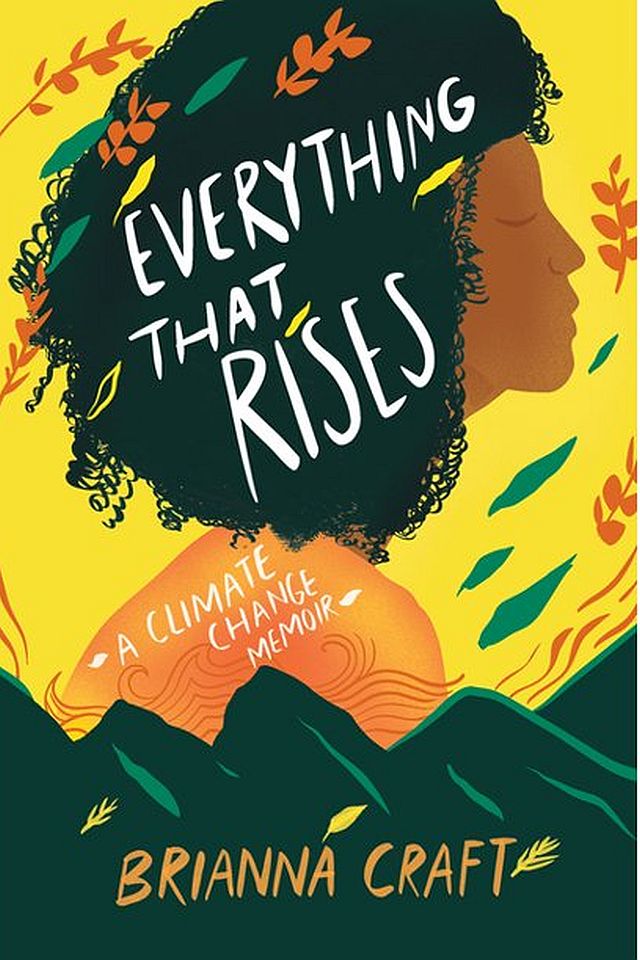Barbara Kingsolver
Harper Collins Books

“Poor Demon,” she said quietly. “Can’t they find anybody to adopt you?”
She’d only ever called me Damon before, like Mrs. Peggott and Aunt June, to show she was taking their side. I didn’t want to be poor anybody. But I felt like kissing Emily. Or throwing up, from how mixed up I was. Possibly both. You’d want to do it in the right order, though.
from Demon Copperhead












